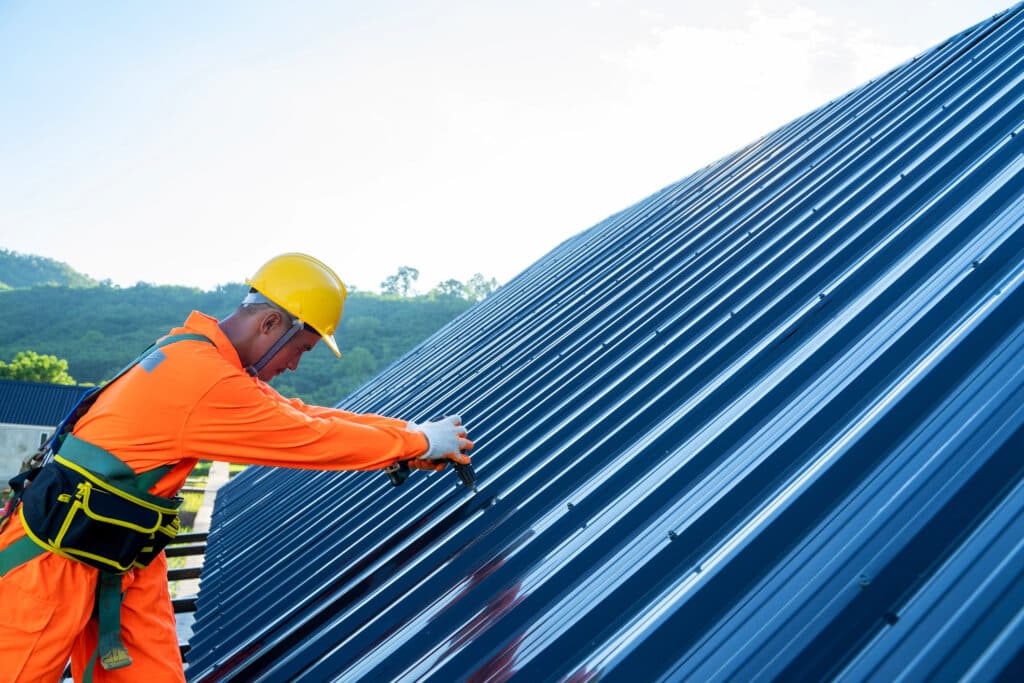What to Expect from Hurricane Cleanup in Augusta, Georgia
When a hurricane passes through, the damage left behind can be overwhelming. From downed trees to flooding, understanding the cleanup process is vital to restoring your home and property. For residents in Augusta, Georgia, it's essential to know what to expect after a hurricane and the specific steps involved in addressing the aftermath.
Assessing the Damage
Once the storm has passed and it's safe to return to your property, the first step in the cleanup process is assessing the damage. Begin by walking through your property and noting the extent of the damage. Pay special attention to the following:
- Roof damage: High winds and flying debris can easily cause roof shingles to tear off or lead to more severe damage. Roof leaks are common and can cause further water damage inside the home.
- Flooding and water damage: Augusta's proximity to bodies of water like the Savannah River increases the risk of flooding during hurricanes. Check basements, crawl spaces, and any lower levels of your home for standing water.
- Downed trees and power lines: In the aftermath of a storm, fallen trees and power lines can pose a significant hazard. Avoid approaching downed lines and report them to local authorities immediately.
- Debris: You'll likely find your yard scattered with broken branches, debris from nearby structures, and other hazardous materials.
According to FEMA's Hurricane Recovery Guide, the initial assessment is critical to understanding the full scope of the damage before making repairs. Documenting everything for insurance purposes and taking photos and videos of the affected areas is essential.
Flooding Damage and Repair
Flooding is one of the most significant concerns during and after a hurricane. Heavy rains can lead to flash flooding, which can cause extensive damage to both homes and roads. Once the water recedes, the cleanup process can begin, but the lingering effects of water damage can be long-lasting. Mold and mildew are common in flood-prone areas, which makes addressing moisture issues a top priority.
The Centers for Disease Control (CDC) advises that homeowners take extra precautions when cleaning up flooded areas, helping to avoid exposure to mold and contaminated water. Wearing protective gear and ensuring proper ventilation during cleanup is essential to protecting your health.
Clearing Your Property Safely
Clearing your property of debris after a hurricane can be dangerous if not done correctly. Fallen trees, branches, and other heavy objects require professional equipment and expertise. Start with smaller debris, such as loose branches or smaller pieces of material, before tackling larger items. Occasionally, hazardous materials like broken glass, metal roofing, or sharp objects can be hidden under debris. Wearing protective gloves and boots is highly recommended to avoid injuries.
Role of Tree Removal Services
Augusta is known for its lush trees, which can become hazardous after a hurricane. Trees that have been uprooted or partially fallen must be removed safely to avoid further property damage. Certified arborists can assess which trees pose a risk to your home or nearby structures and remove them without causing more harm. According to the U.S. Department of Agriculture (USDA), proper tree removal techniques help ensure that downed trees do not further disrupt power lines or damage surrounding structures.
Water Damage Restoration
Water damage is one of the most pervasive issues following a hurricane. Once standing water is removed, drying out your home is crucial to prevent long-term damage such as mold growth. Homeowners should act quickly to address water damage, as mold can begin to grow within 24 to 48 hours.
The Environmental Protection Agency (EPA) suggests using commercial-grade fans and dehumidifiers to dry out areas affected by water. Removing soaked materials such as carpets, insulation, and drywall can help mitigate further damage. Professional water damage restoration services are necessary to fully dry and repair submerged areas.
Structural Repairs
Once debris and water are cleared, homeowners can begin to focus on repairing their homes' structures. In Augusta, roof damage is particularly common due to high winds, and addressing these issues can prevent leaks and further water infiltration. If your home's foundation or walls have been compromised, it's crucial to have a structural engineer assess the damage before attempting any repairs.
Hiring licensed contractors to perform these repairs is essential, as attempting to fix severe structural issues can lead to more damage and potential safety hazards. FEMA often has guides on how to ensure that post-hurricane repairs meet local safety codes and regulations.
Insurance Claims and Financial Assistance
The cleanup process after a hurricane can be expensive, especially if your home has sustained significant damage. Filing insurance claims is a vital part of the recovery process, and it's important to provide detailed documentation of the damage, including photos and written descriptions.
Residents may also qualify for financial assistance through FEMA or other government programs that provide disaster relief funds. The U.S. Small Business Administration (SBA) offers low-interest loans for homeowners affected by natural disasters, helping them cover the cost of repairs and replacements.
Staying Safe During Cleanup
Even after the storm has passed, the cleanup process presents a range of hazards. It's important to follow these safety tips to avoid injuries:
- Avoid floodwaters: Floodwaters contain contaminants, so avoid wading through them if possible. If you do have to wade through them, ensure to shower or wash exposed areas to remove contaminants.
- Watch for power lines: Downed power lines are hazardous. Contact your local utility company immediately if you spot any.
- Wear protective gear: Gloves, boots, and masks can protect you from sharp debris and exposure to hazardous materials.
- Use caution with chainsaws: If you're clearing trees and large branches, ensure you're properly trained before using chainsaws or other heavy equipment.
Planning for Future Storms
After the cleanup process, it's essential to consider future hurricane preparedness. Augusta's location makes it vulnerable to tropical storms and hurricanes, so having a plan in place can help minimize damage. This includes reinforcing windows, trimming trees, and ensuring that drainage systems around your home are clear.
Hurricane cleanup in Augusta, Georgia, involves a thorough assessment of damage, prioritizing safety, and addressing flooding and structural repairs promptly. Homeowners should document damage for insurance claims, utilize professional services for hazardous debris removal, and take necessary precautions to protect their health during the process. Planning for future storms is essential to minimize future damage and make future cleanups easier.


